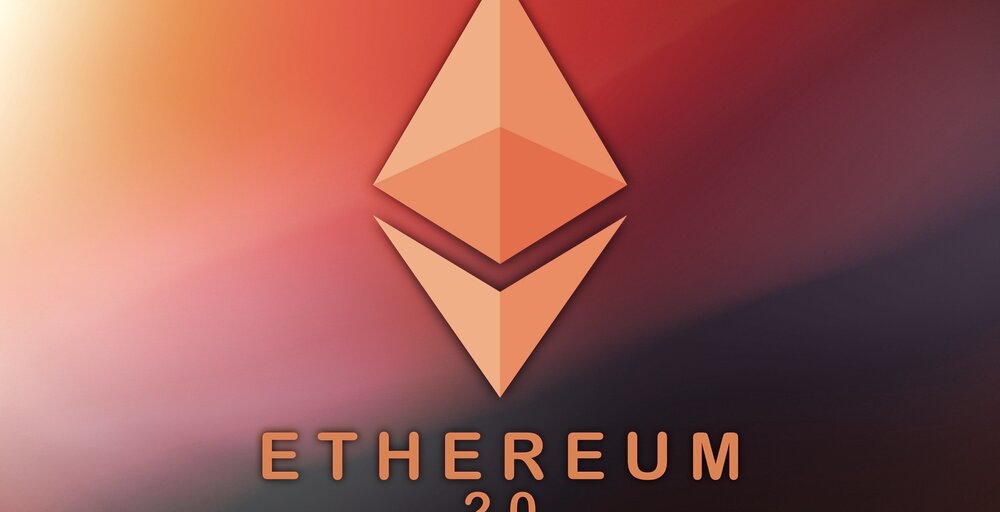
After years and years of delays, the Ethereum merge is upon us. The event formerly known as Ethereum 2.0, when the proof-of-work Ethereum mainnet will merge with the proof-of-stake beacon chain, could happen as soon as Tuesday.
(If you want a tech-free analogy for normie friends, I like this charmingly nerdy one from the Ethereum Foundation itself: “Imagine Ethereum is a spaceship that isn’t quite ready for an interstellar voyage. With the Beacon Chain, the community has built a new engine and a hardened hull. After significant testing, it’s almost time to hot-swap the new engine for the old mid-flight.”)
The eyes of every person in the crypto industry are on this event—or should be.
The merge will make the Ethereum blockchain almost immediately faster, more scalable, and 99% more energy-efficient. It should, in theory, be wonderful for Ethereum (both the network and the asset). Whether the price of ETH actually moons after the merge, or whether it’s already “baked in” and doesn’t budge, is anyone’s guess—and we don’t do any price predicting at Decrypt.
But the most interesting part of all of this to me is how it will affect all the other cryptocurrencies and blockchains.
First, there’s the energy issue.
We’ll be able to see the Ethereum network’s hash rate plunge to zero right away, since proof-of-work mining on Ethereum will end. That might put even more public pressure on Bitcoin’s big energy use, something Bitcoiners like Dan Held acknowledge. It will also leave Bitcoin alone (without Ethereum as a fellow offender) in the sights of regulators who are targeting energy-intensive proof-of-work blockchains.
Just last week, the White House, in a new report on crypto and energy use, appeared to praise Ethereum and raise alarms about Bitcoin: “Bitcoin is estimated to account for 60% to 77% of total global crypto-asset electricity usage, and Ethereum is estimated to account for 20% to 39%… There have been growing calls for PoW blockchains to adopt less energy-intensive consensus mechanisms. The most prominent reaction has been Ethereum’s promised launch of ‘Ethereum 2.0,’ which uses a PoS consensus mechanism.”
On the other hand, Bitcoiners say that proof of stake sacrifices network security. And a significant number of Ethereum miners are unhappy about the merge, which will kill mining and leave them with expensive, unusable machines; might they flock to Bitcoin instead?
Second, there’s the potential implications for other coins besides the two top dogs, especially so-called “Ethereum killers” like Solana, Cardano, Avalanche, and Polkadot.
You might expect that a successful Ethereum merge will be beneficial to these other proof-of-stake cryptocurrencies—and indeed, many of them got healthy boosts in the past week, presumably thanks in part to the merge buzz. But the opposite is also possible: many of these Ethereum challengers pitched themselves as more eco-friendly alternatives to Ethereum. Once Ethereum is running proof of stake, they lose that part of their value proposition.
Of course, all of these are matters of image and perception. Ethereum moving to proof of stake should quiet the critics who scream about how NFTs are destroying the rainforest. It should uncouple Ethereum from Bitcoin in the conversations about crypto mining guzzling energy. But it also might not, since mainstream narratives around crypto have always been drastically misinformed and misleading. There are people (louder and prouder than ever) who will never come around on crypto, no matter what.
And while Ethereum devs insist that there’s nothing major that could go wrong with the merge, “confusion surrounding the event could spike instances of scammers manipulating uninformed users,” Decrypt’s Sander Lutz points out.
Finally, as my loyal column readers know well (all tens and tens of them, to quote Dean Winters from the latest Allstate “Mayhem” ad), I believe the biggest wild card after the merge, for all of crypto, is regulation. SEC Chair Gary Gensler continues to declare that Bitcoin is not a security and that he doesn’t mind the CFTC having oversight of it. What about Ethereum? He won’t share his view. It is widely believed that Gensler and the current SEC regime see ETH as a security, despite what former SEC official Bill Hinman said back in 2018.
Even if the Ethereum merge is wildly successful, it won’t help much in the long run if it has to reckon with an SEC attack on ETH and all other Ethereum-based tokens.
Watch the news closely during Merge week. Stick with us at Decrypt, where our reporting team will be all over every angle.












